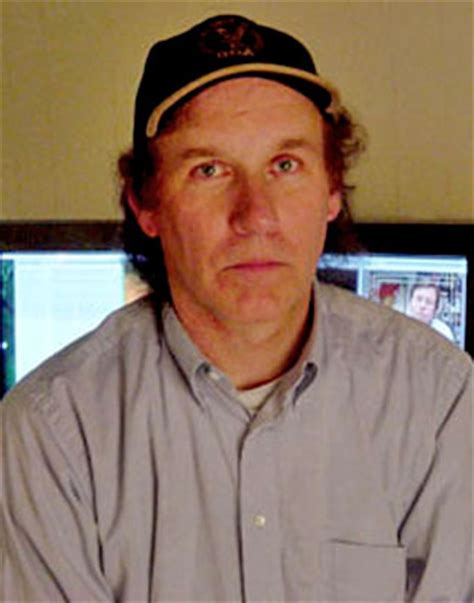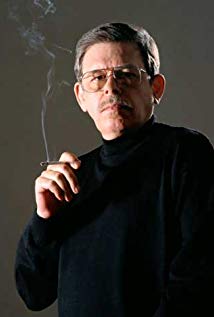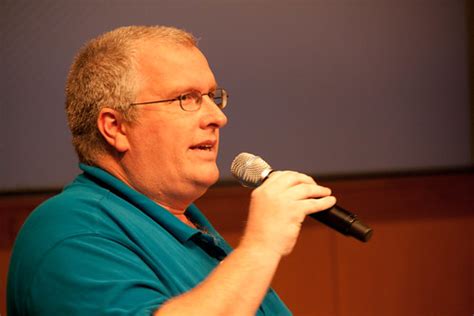A Quote by Gary Bauer
The question Americans should ask is not whether a candidate is affiliated with a particular faith but rather whether that candidate's faith makes it more likely he or she will support policies that align with their values.
Related Quotes
You will vote for first choice candidate whether or not you think he'll win. But I'm saying you may find yourself for a candidate, a middling candidate, a candidate you don't think very well of, really. And you really don't like to avoid a catastrophe. Well, maybe that's a good thing. You can argue that back and forth.
The media companies control whether a candidate gets "coverage" - which itself is tied to the knowledge of how much he or she has raised. The networks then know how much money the candidate is likely to spend on commercial airtime buys - so, this is a reinforcing system of legal corruption and quid pro quo news coverage.
When some people ask me about voting, they would say will you support this candidate or that candidate? I say: "I will support this candidate for one minute that I am in the voting booth. At that moment I will support A versus B, but before I am going to the voting booth, and after I leave the voting booth, I am going to concentrate on organizing people and not organizing electoral campaign."
There are some who would have a presidential candidate describe and explain his church's distinctive doctrines. To do so would enable the very religious test the founders prohibited in the Constitution. No candidate should become the spokesman for his faith. For if he becomes President he will need the prayers of the people of all faiths.
There's no question that a public official of either party can take it too far, and it's up to the candidate to be able to strike that balance, the balance that is the separation of church and state. The way I've always looked at this is that every candidate has a right to talk as much or as little about their faith as they deem appropriate.
Said an opponent to me after my last protest was sent in, what party would you vote for, if you could? Neither. I would have a moral sentiment party. I would know the private character of my candidate, would know also whether he takes care of his own property - whether he had failed in business - if so, whether he had paid back every dollar of debt as fast as he had earned them. Yes, every candidate should be examined morally, and if it be found that he has not been true to the monitions of conscience in one direction, he cannot or will not be in another.
O, this faith is a living, busy, active, powerful thing! It is impossible that it should not be ceaselessly doing that which is good. It does not even ask whether good works should be done; but before the question can be asked, it has done them, and it is constantly engaged in doing them. But he who does not do such works, is a man without faith. He gropes and casts about him to find faith and good works, not knowing what either of them is, and yet prattles and idly multiplies words about faith and good works.
When I ask candidates to tell me about their weaknesses, I am hoping for a wise, honest, and self-confident answer. When I hear a candidate rationally admit a weakness, I am impressed. When I hear a candidate duck the question with language straight out of a book, I start thinking about the next candidate.
Have faith in man, whether he appears to you to be a very learned one or a most ignorant one. Have faith in man, whether he appears to be an angel or the very devil himself. Have faith in man first, and then having faith in him, believe that if there are defects in him, if he makes mistakes, if he embraces the crudest and the vilest doctrines, believe that it is not from his real nature that they come, but from the want of higher ideals.
The truth is that my work - I was going to say my mission - is to shatter the faith of men here, there, and everywhere, faith in affirmation, faith in negation, and faith in abstention in faith, and this for the sake of faith in faith itself; it is to war against all those who submit, whether it be to Catholicism, or to rationalism, or to agnosticism; it is to make all men live the life of inquietude and passionate desire.


































